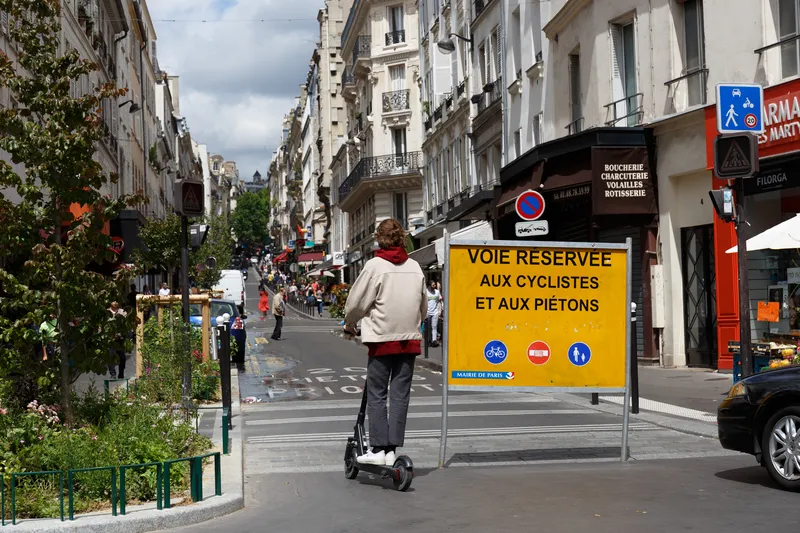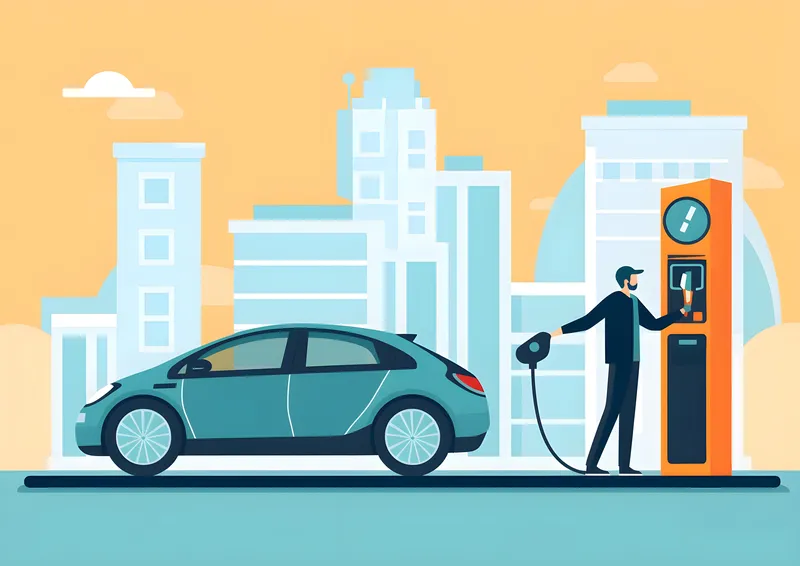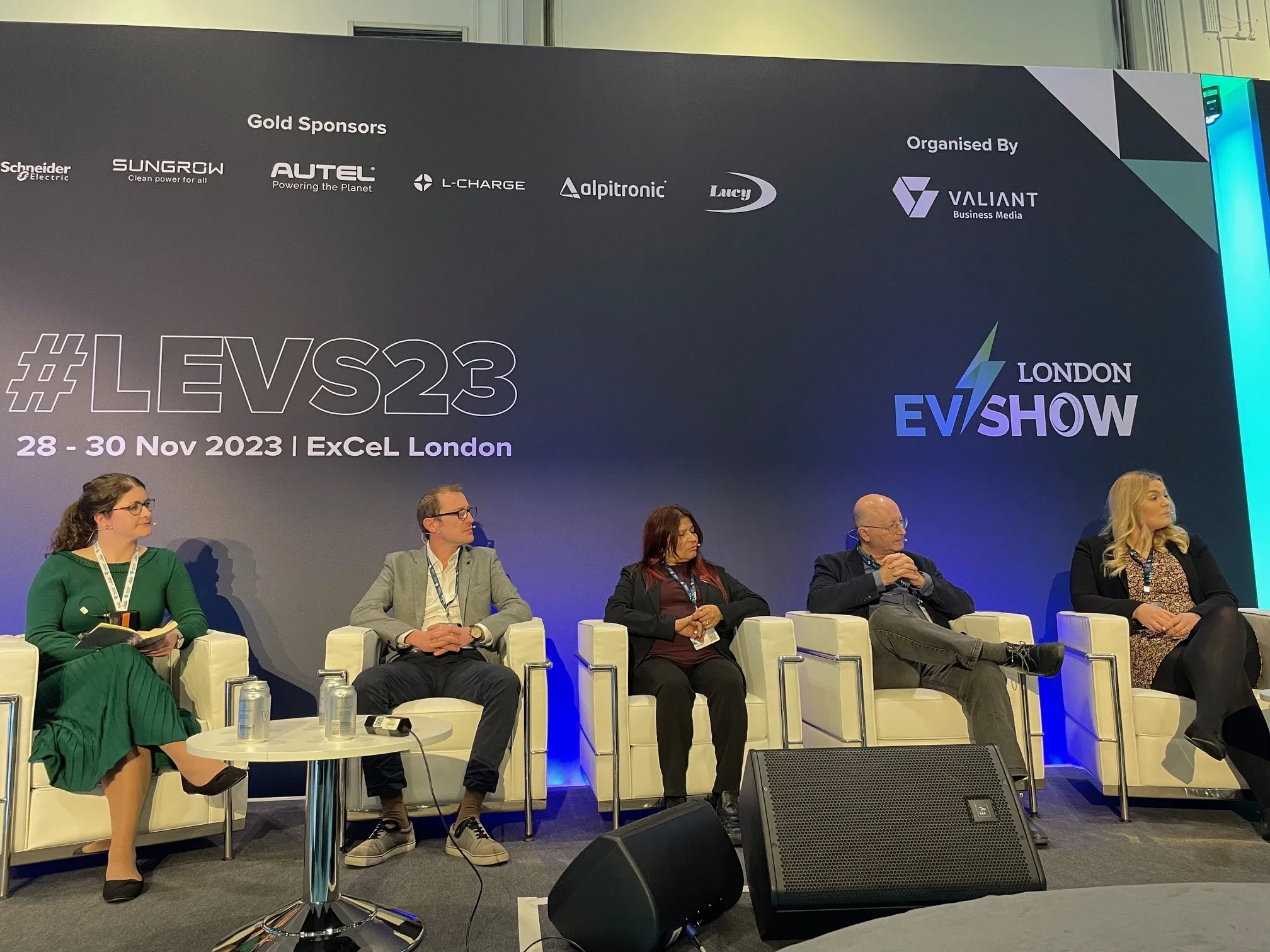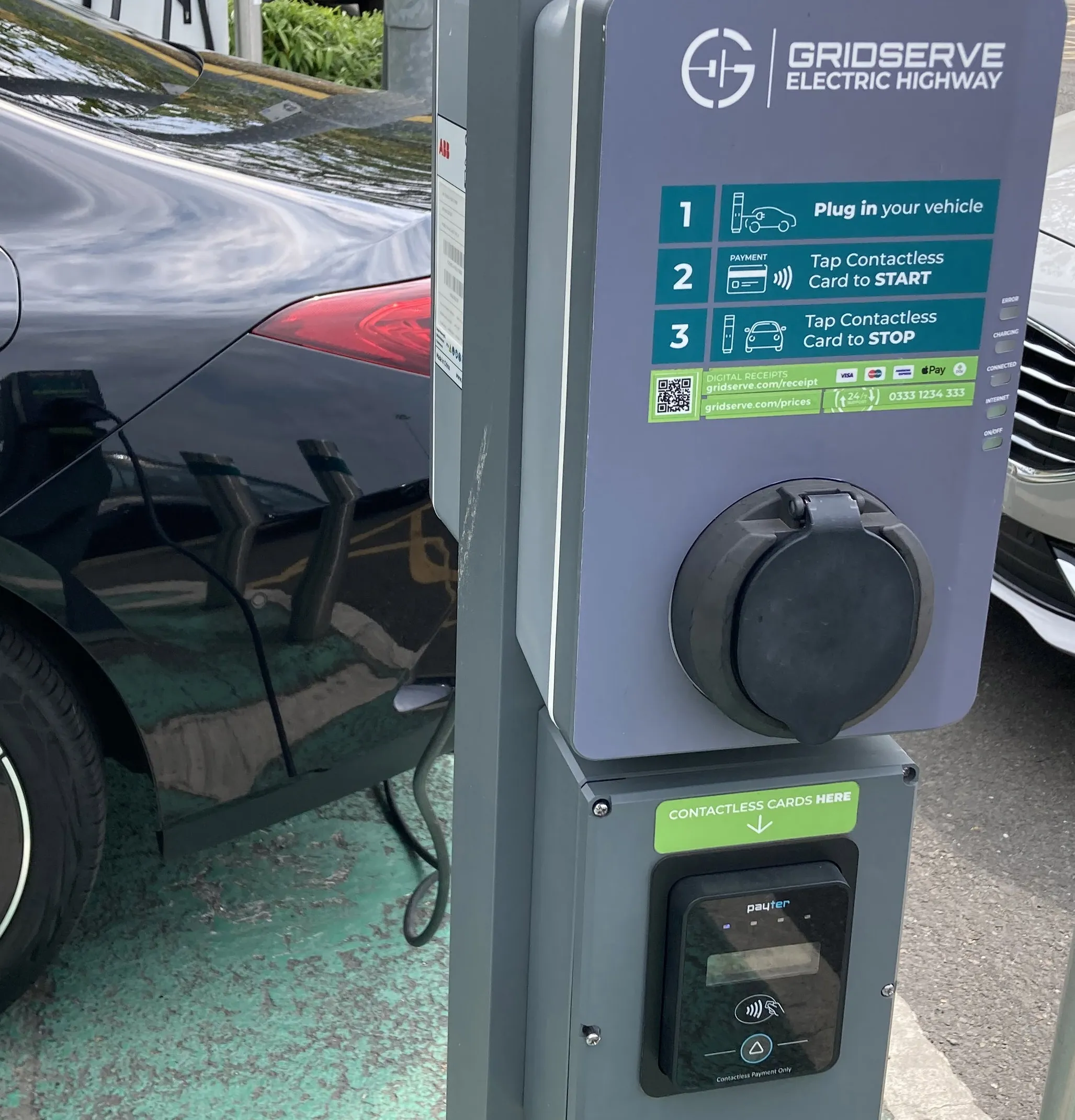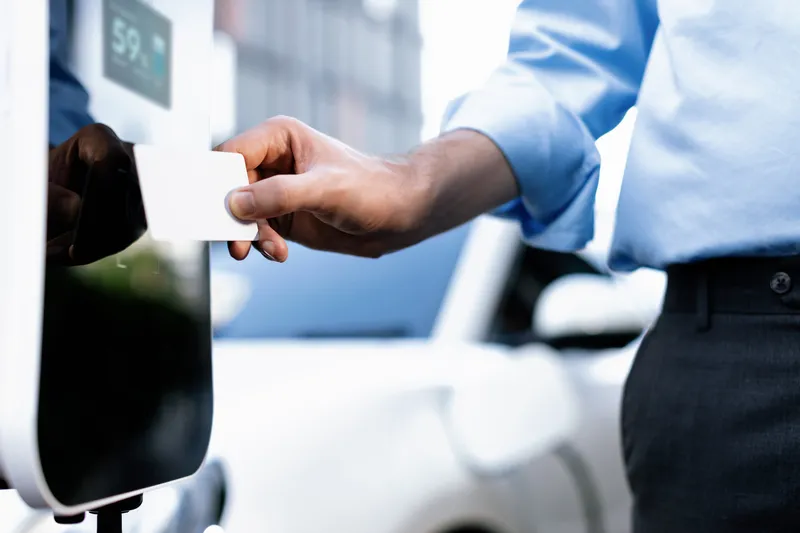
EV payment specialist Paythru has published the second version of its Charter for Smoother EV Charging Payments.
The charter, which will be presented in a virtual event on Tuesday July 29th, draws on feedback from the 50 companies that signed up to the charter, the updated version points to proven technologies that can address the payment challenges hindering the EV charging experience.
The original charter, released in 2024, made calls for greater consistency, transparency, and reliability in five areas of EV charging payments.
Implementing feedback from charge point operators (CPOs), charge point management system (CPMS) providers, payments experts, and trade associations such as The REA (Association for Renewable Energy and Clean Technology) and EVA (Electric Vehicle Association) England. The updated version now proposes practical ways forward.
“What is interesting is that all the solutions are out there,” said Sara Sloman, chief strategy officer at Paythru. “Other industries have solved these problems. We just need to look at what’s been done and adapt those solutions to charge points.”
Key recommendations in the updated charter are:
• Clearer pricing communication: Fuel pump pricing and mobile data plans already use clear pricing models and communications that could easily be adapted to EV charging. “People don’t know exactly what a gallon of fuel or a gigabyte of data is, but they have a sense of what that gets them, because it has been communicated well,” says Sloman. Equally, banking apps like Monzo and Starling demonstrate how clear communication can be achieved without jargon or lengthy glossaries.
• Universal payment access: In every other industry – from tapping in and out of public transport to buying a sandwich on a flight – customers get smooth transactions, whatever method they choose to pay with. EV charging just needs to catch up. Retail and transit happily accept any payment card and mobile wallets, as well as store cards and online payments. Embracing ‘open-loop’ payment systems, which are not network-specific, could allow fleet operators to issue fuel cards that work across all networks and other merchants while keeping the operator in control.
• Minimise payment failures and improve driver confidence: If millions of people can tap in and out of the TfL network daily, utilising multiple operators and modes of transport, EV charging should not be so complicated. This is achieved through a rigorous approach to backend system integration, rather than inventing new technology.
• Smarter pre-authorisation handling: The charter supports incremental authorisation as an alternative to large pre-authorisations, so users don’t find large amounts of money held for days. Other industries, such as hotels and car rentals, use incremental authorisation without issue; these standards just need to be mirrored in EV charging.
• Simplified transaction and notification processes: The charter also advocates for providing drivers with simple tools to manage their payments, such as live updates on charging costs, easy access to receipts, and the ability to switch payment methods and set spending limits, with alerts if anything appears suspicious. All of this exists in banking apps and could be mirrored in EV apps.
“Rather than reinventing the wheel, we need to use the ones that already exist,” says Sloman. “The charter demonstrates that smooth, intuitive EV charging payments are not a distant dream; they are achievable now. What’s needed now is broad adoption and interoperability, rather than new inventions.”
The initial Charter prompted valuable conversations; the latest version aims to solidify a shared path forward. It is intended as a living framework that companies across the sector can adapt and build upon.
Paythru is inviting all stakeholders – from infrastructure providers to payment processors – to participate in growing initiative and collaboratively develop implementation strategies that genuinely prioritise drivers. More info here: https://paythru.com/a-charter-for-smoother-ev-charging-payments/ to sign up.


